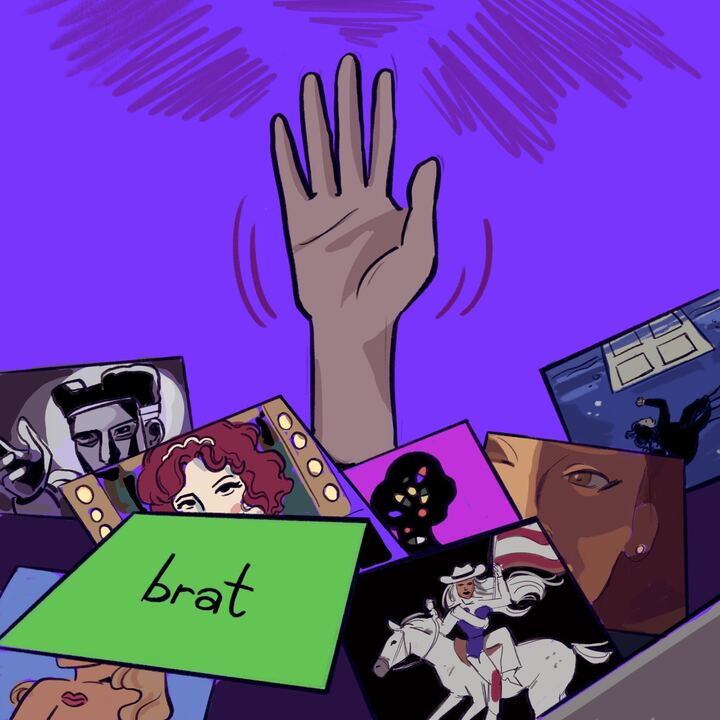Coming to the UA as a freshman is a fun and exciting time, but one of the most important, yet often overlooked forms of interaction is the prospect of socialization through food.
The UA offers a multitude of university-run and contracted eateries ranging from the ones you may often frequent such as Panda Express and the on-campus contracted eatery Cactus Grill.
One of the most popular ways to afford to eat at any of the on-campus restaurants and convenience stores is a Wildcat Meal Plan, a UA-recommended service that acts as a debit card of sorts for the sole purpose of purchasing meals and various snacks on campus. Unfortunately, these plans and payment methods are exploited by students who don’t realize the dangers of their spending habits.
One of the most concerning issues with Meal Plans is the careless disregard of students on how to effectively and properly use them. Moreover, the warped sense of thinking that surrounds them perpetuates a deceitful perception that the money on these plans is simply given to them, free of charge, because in that moment, they don’t have to pay out-of-pocket. For example, walking around campus and visiting some of the eateries and convenience stores, I’ve heard “Oh, it’s how much? OK. That’s fine. It’s fake money anyway.”
This is an easy trap to fall into. The money is loaded onto an account; no payment-in-full necessary at that moment. Before I continue, it should be noted that in no way do I intend to bash students or the UA; this column merely serves the purpose of illuminating major issues with some of the current policies surrounding the Meal Plans and Bursar’s along with the various perceptions behind them.
Speaking of Bursar’s — it’s problematic. Bursar’s accounts are intended to facilitate student payments on textbooks and other required class materials, but they are often exploited by both the UA and its students. Recently, flyers displayed on the tables at the Student Union Memorial Center read “Bursars: $1000 limit.” While the advertisement isn’t inherently malicious, for some students, especially freshmen, this can easily be a way to buy unnecessary items.
For instance, there have been many occasions of students at one of the UA Bookstores finding something they want, such as a pair of headphones or a sweater, and saying to themselves, “I really want this, so I’ll just bursar it. If my parents ask, I’ll tell them it’s a textbook.” The student does this because they don’t have to “pay” the balance right then and there — it’s more like a tab, if you will.
The UA allows this exploitation of its systems by students because it results in more money in its coffers. While both sides take advantage, the naive student is once again left paying the price — unless his or her parents have to foot the bill for the student’s selfishness.
Subsequently, there is an apparent need for the UA to restructure and improve its current policies for payment systems like bursar’s accounts and Meal Plans to better set an example for the rest of the university and to trounce the negative perception and stereotypes surrounding the idea that universities are a business first, and an educational institution second.
As it stands, there has yet to be any reform. Students have become complacent. Until we begin protesting for reform and actively challenging the ethics of our own universities, change will always be nothing more than an idea lacking a blueprint for action.
For now, what students can do to better prepare and safeguard themselves is to educate themselves on how to efficiently and properly manage money and other finances.
At the end of the day, it boils down to simple self-control. A student who has a good sense of self-control won’t buy $300 worth of groceries at Highland Market. A student with self control thinks twice before going to the bookstore to bursar new headphones for $100, only to leave with a mild sense of confliction and regret. Changes need to occur in both directions for a difference to be not only made, but also felt.
Follow Michael Cortez on Twitter.








